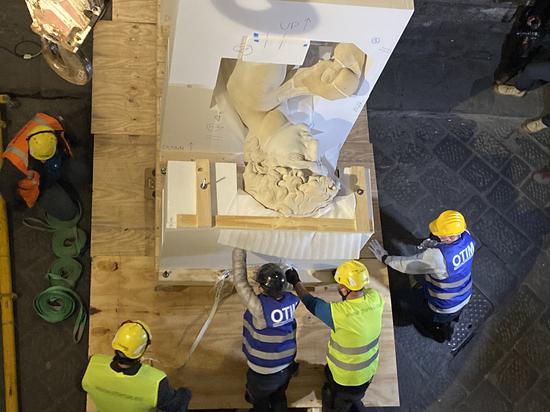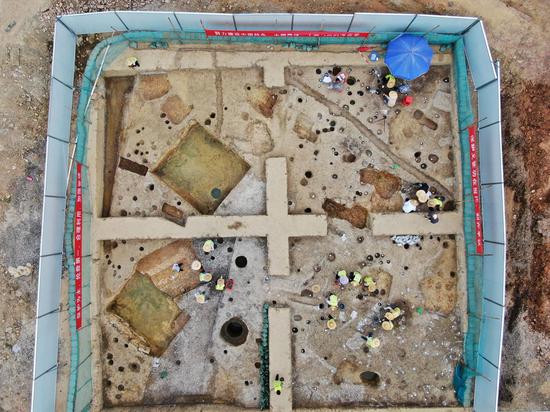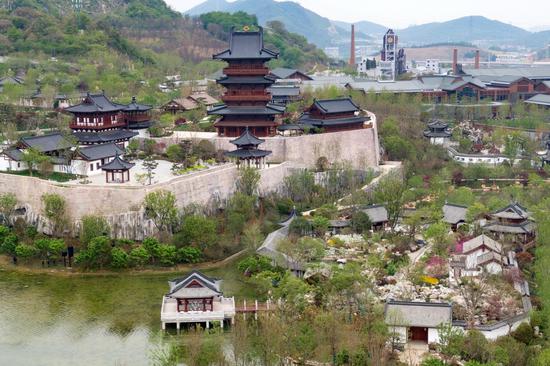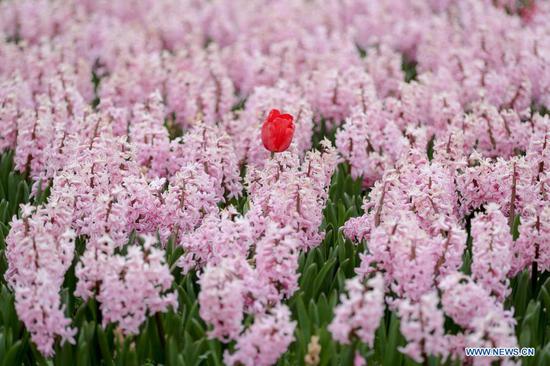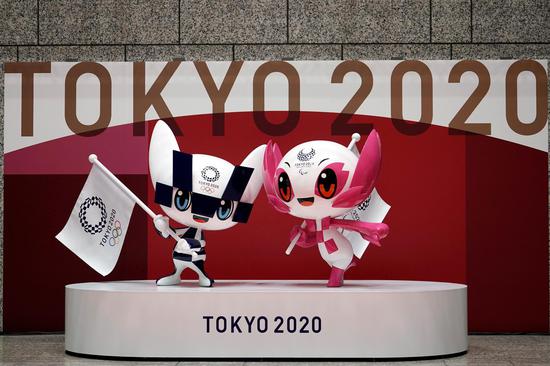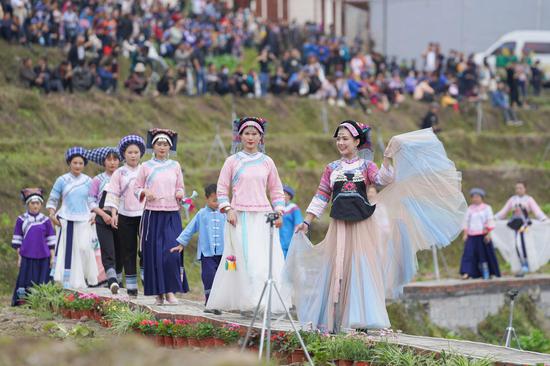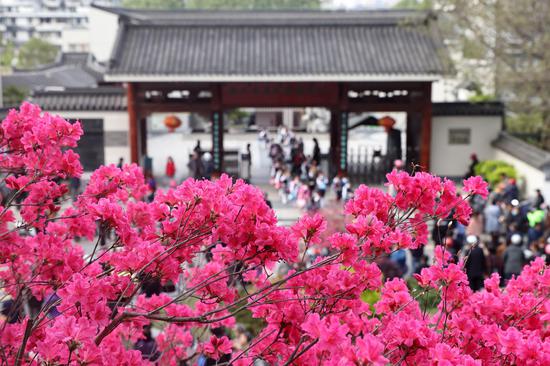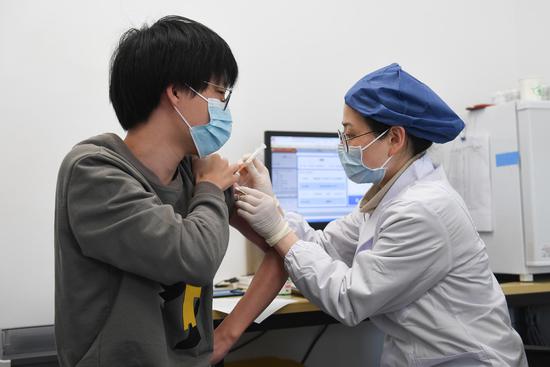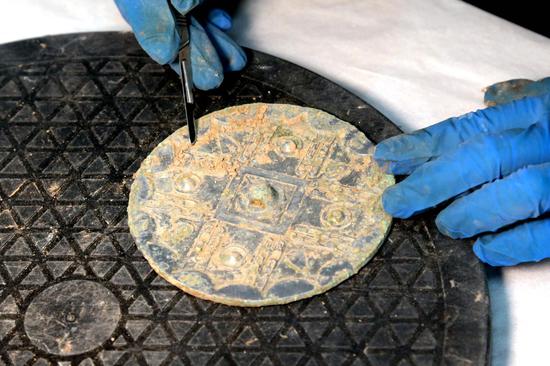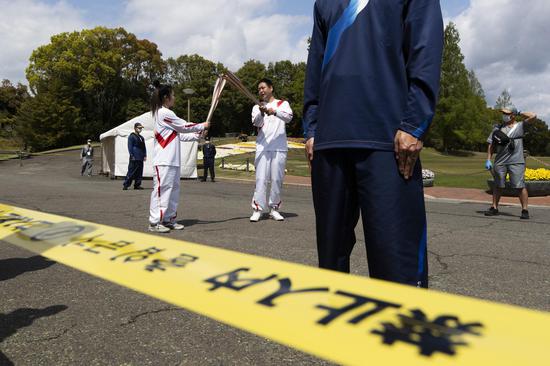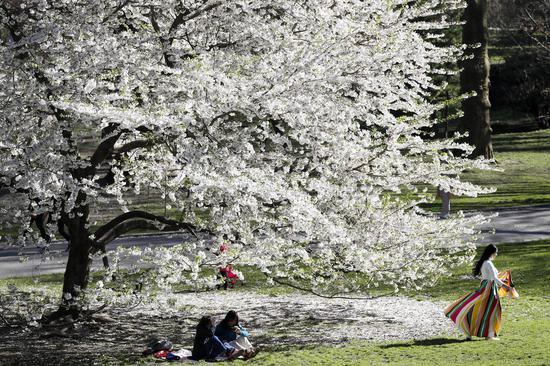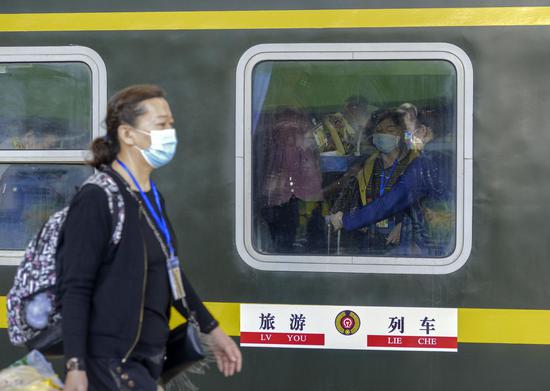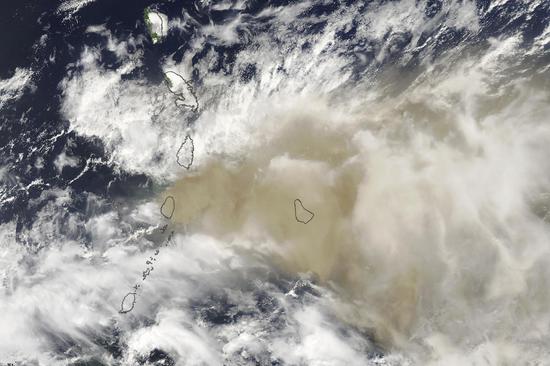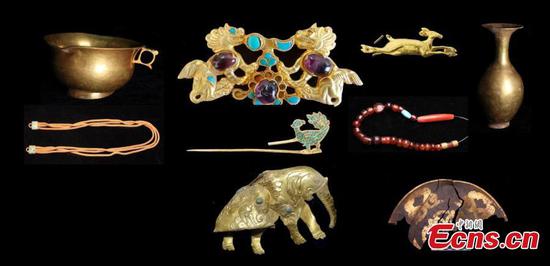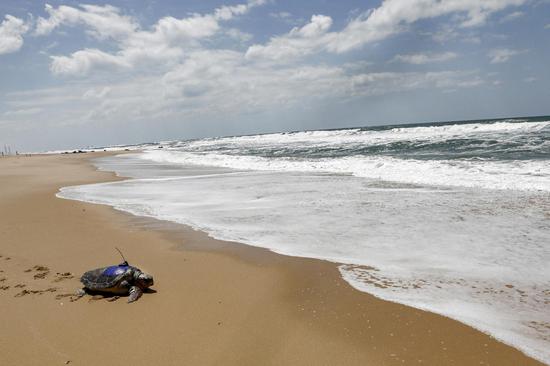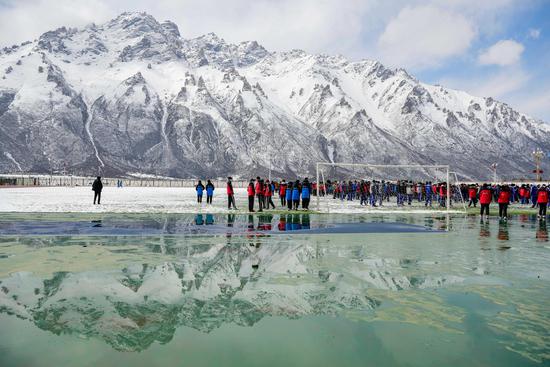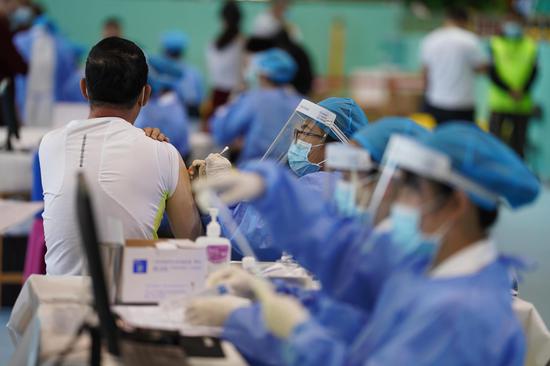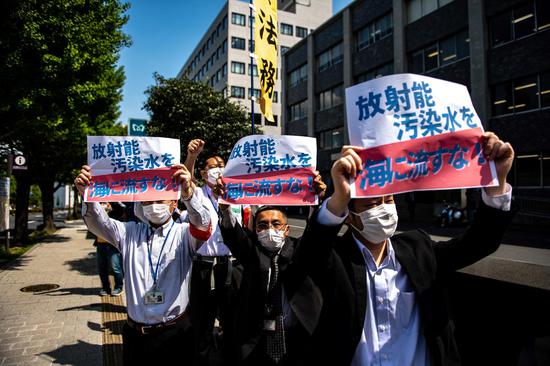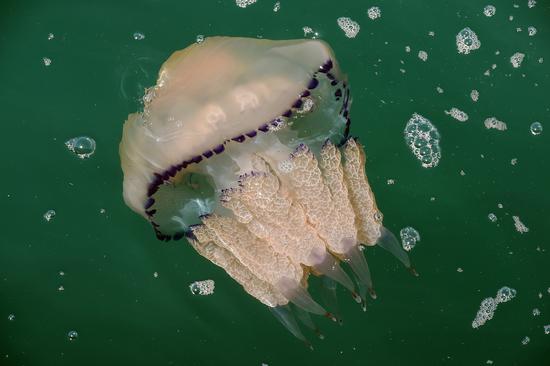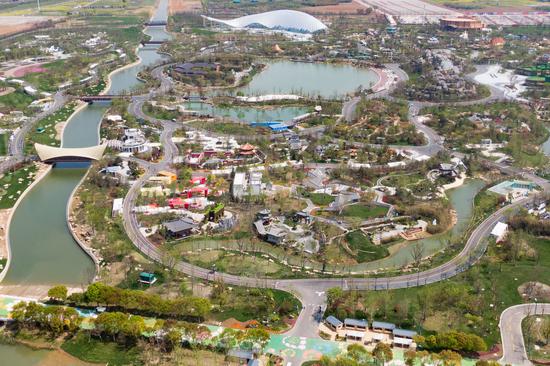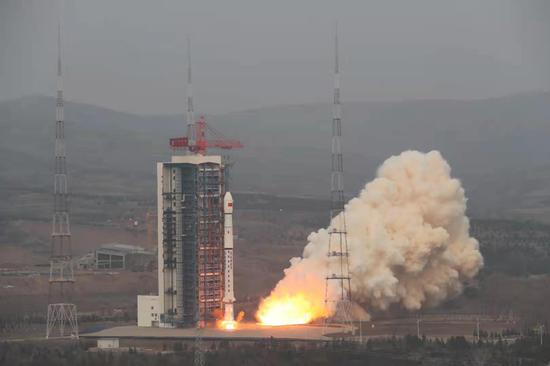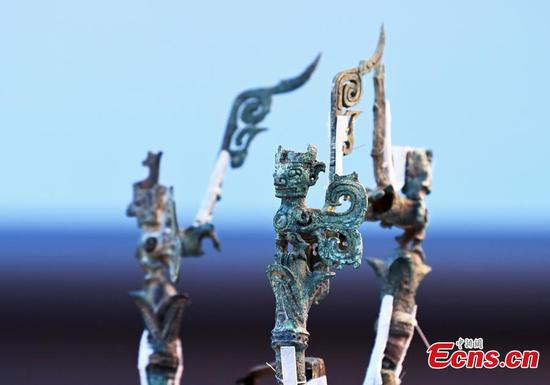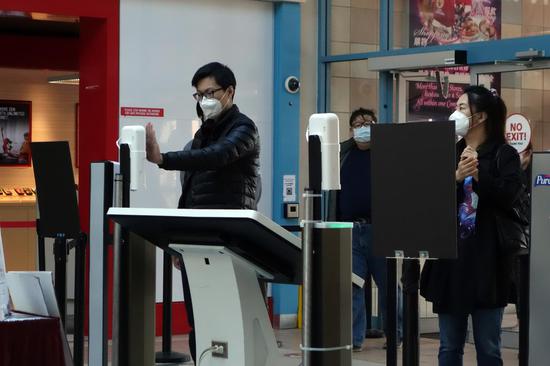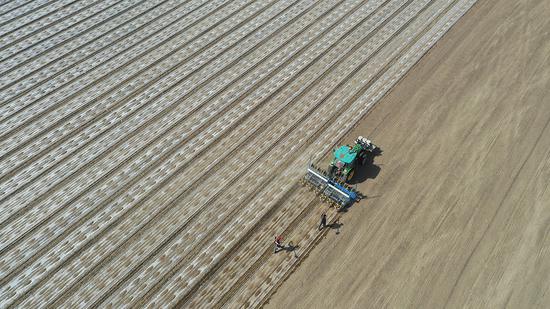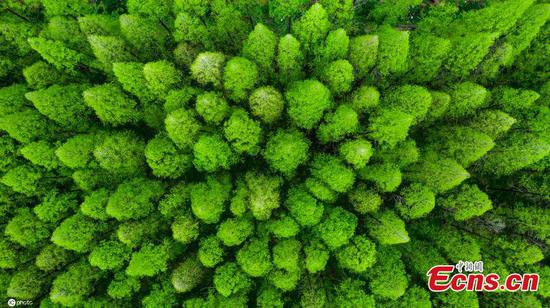
People rally to protest against the Japanese government's decision to discharge contaminated radioactive wastewater in Fukushima Prefecture into the sea, in Tokyo on April 13, 2021. (Photo/Xinhua)
As of early April, the amount of nuclear contaminated water stored in the tanks at the Fukushima nuclear power station in Japan was 1.25 million tons, with the amount of radioactive water still increasing by 140 tons a day.
It is predicted that as of March 2023, the volume of the water will hit 1.37 million tons reaching the upper limit of the current water tanks Japan has built for the project.
However, that the Japanese government has decided to discharge the water into the sea after diluting it to make the radiation level lower than its national standards deserves the vigilance of the whole world.
According to Tokyo Electric Power Company, the operator of the nuclear power plant, most of the radioisotopes, except tritium, can be eliminated, and discharging the water into the sea will not pollute the marine environment.
However, nuclear biochemical protection experts from different countries have said that it is almost impossible to eliminate all the radioisotopes from the contaminated water with the current technology, and to make the concentration of the tritium lower than the "national standard" of Japan does not mean the radioactive elements will have been removed.
There are many kinds of radioisotopes in the contaminated water, and some short-lived atom isotopes might disappear 10 years after the accident happened. But the decay of some isotopes can take tens of thousands of years, or even hundreds of thousands of years.
German experts estimate that within 57 days, the radioactive substances contained in the contaminated water to be discharged by Japan will be spreading throughout a large part of the Pacific, and the waters near the United States and Canada will be polluted by them in three years.
The remaining radioisotopes in the water will accumulate in the food chain of the living creatures in the ocean and thus enter humans. How long the pollution will affect the marine environment remains unknown, and once the nuclear contaminated water is discharged into the sea, the speed of its spread, its effects and environmental risks will all be in an uncontrollable state.
In other words, to discharge the nuclear contaminated water into the sea will unavoidably impact global ecology and environment, for which the whole world will have to pay the price.
Japan can build more tanks to store the nuclear polluted water, or steam it into the air, as the US did with the waste water in meltdown accident at the Three Mile Island nuclear power station in 1979.
To discharge the contaminated water into the ocean is the cheapest choice for Japan. But it will prove to be the most expensive for the world.









